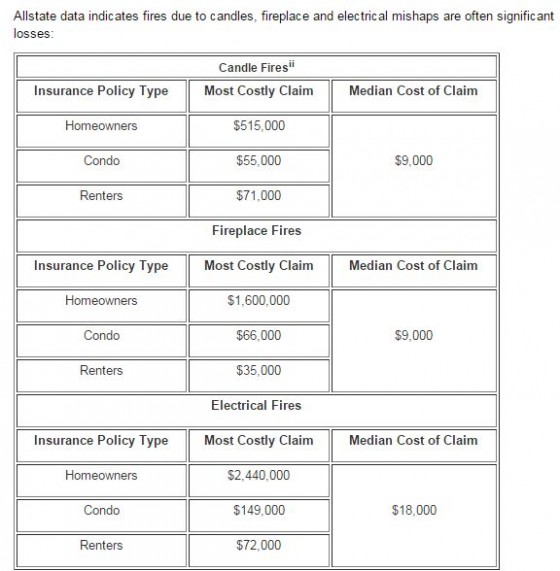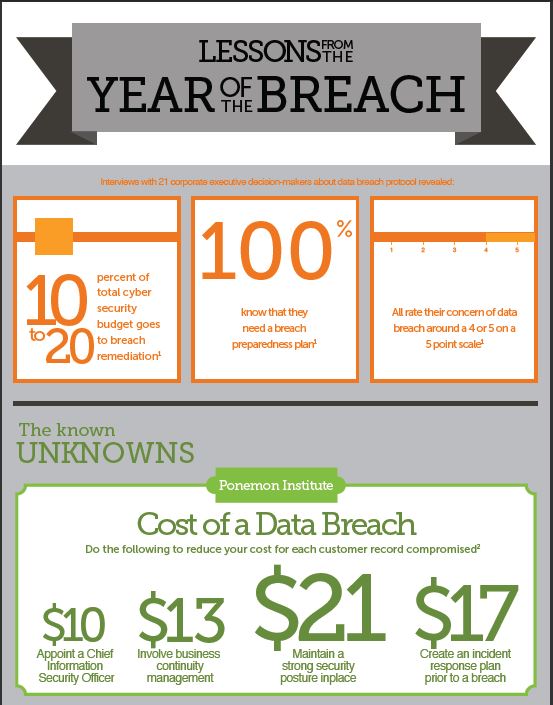Failure by the Senate to reauthorize the Terrorism Risk Insurance Act (TRIA) has left unanswered questions for insurance buyers facing renewals on terrorism coverage—which some in the insurance industry are scrambling to answer.
Because TRIA renewal was recently passed by a majority in the House of Representatives, the industry was optimistic about its renewal before its expiration. But at this point, the Dec. 31 deadline looms large.
AIR-Worldwide explained in an email notice that commercial insurers will no longer be required to offer terrorism coverage beginning Jan. 1. Without a federal backstop, they said, insurers may seek to limit underwriting for high concentrations of risks in major cities. This could cause terrorism insurance coverage to become unavailable or unaffordable.
AIR continued:
Insurers that do continue to offer commercial terrorism insurance would likely be required to maintain higher capital standards in order to avoid negative rating implications. Where coverage for terrorism-related events is still available, prices for this coverage will increase.
In the absence of TRIA, the workers’ compensation insurance market would be particularly vulnerable to terror attack losses. State workers compensation statutes offer insurers less flexibility to control terrorism risk through modifications such as policy limits or coverage exclusions. With or without TRIA, it is mandatory for U.S. employers to provide workers’ compensation coverage. If coverage is not available, employers may be forced to purchase insurance in the residual markets or self-insure.
online pharmacy
lariam with best prices today in the USA
This could result in large amounts of risk being transferred to the residual market in a few states.
Allowing TRIA to expire would have widespread implications, not only for the insurance industry, but also for the broader economy. Construction and real estate business sectors may be unable to obtain financing without adequate terrorism coverage in place. If insurers limit underwriting following an expiration of TRIA, businesses with high concentrations of employees could have difficulty obtaining coverage for workers’ compensation, including higher education institutions, hotels, airports, hospitals, and financial services, among many others.
In an advisory to its clients, Willis addressed considerations and offered preliminary guidance.
The broker noted several scenarios, depending on how a company has organized its terrorism risk transfer program:
• For terrorism coverage that is currently embedded in all-risk property, liability and workers compensation programs there are three potential scenarios:
1. If there are no sunset clauses–contract provisions which may allow the insurer to exclude coverage for terrorism in the event that TRIA is not reauthorized–or reservation of rights clauses related to TRIA expiration, the program will run until its natural expiration. Market disruption may impact renewal pricing if no action has been taken on TRIA.
2. If there is a TRIA-related sunset clause, the terrorism coverage will expire after Dec.
online pharmacy
norvasc with best prices today in the USA
31. Policyholders should assess the need for insurance coverage and seek stand-alone coverage or a sunset clause extension.
online pharmacy
abilify with best prices today in the USA
3. If there is a reservation of rights which allows carriers to modify the terrorism coverage as a result of TRIA expiration, a coverage extension should be negotiated if possible, and stand-alone alternatives should be sought.
• Stand-alone Terrorism coverage – In this case, Willis said it does not anticipate immediate changes due to TRIA’s expiration. This is because most stand-alone placements do not have sunset clauses or reservation of rights endorsements related to TRIA expiration. While there may be market disruption to consider at renewal, for the time being, TRIA is a non-issue for these placements.
• Captives – In all cases where it places terrorism reinsurance behind a captive program, Willis said the reinsurance arrangement this year has been organized to convert from quota share reinsurance of the captive—when a primary insurer and reinsurer establish a fixed percentage for sharing amounts of insurance, premiums and losses—to primary reinsurance of the captive (in anticipation of TRIA’s expiration). Reinsurance coverage agreements should be read carefully to determine the new limit. The new primary limits are likely to approximate their existing quota share capacity. Willis recommends that any capacity that does convert should remain as reinsurance of the captive. This would maintain captive involvement, should TRIA be reauthorized in early 2015, and avoid any direct self-procurement or frictional costs during the transition. A program may also include excess capacity which, in many cases, should drop down to provide excess over revised captive limits, Willis advised.





